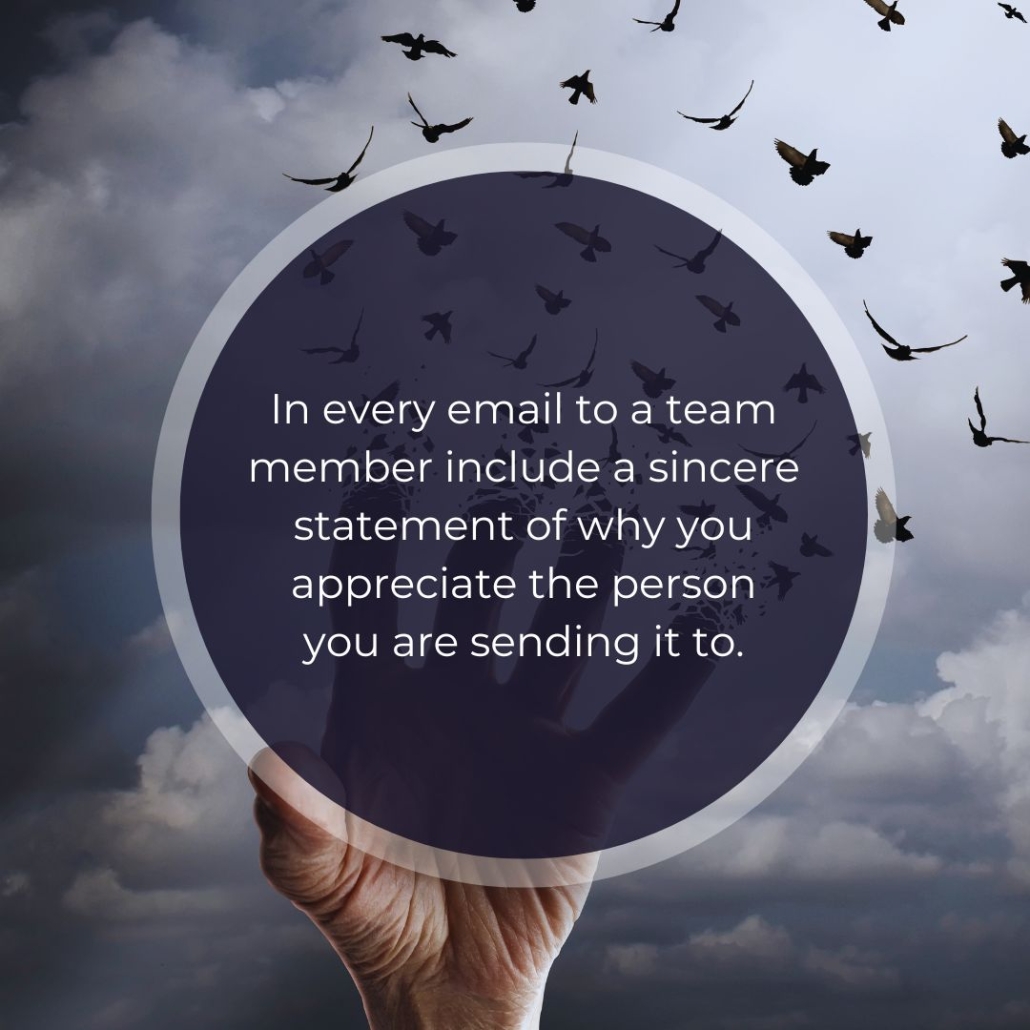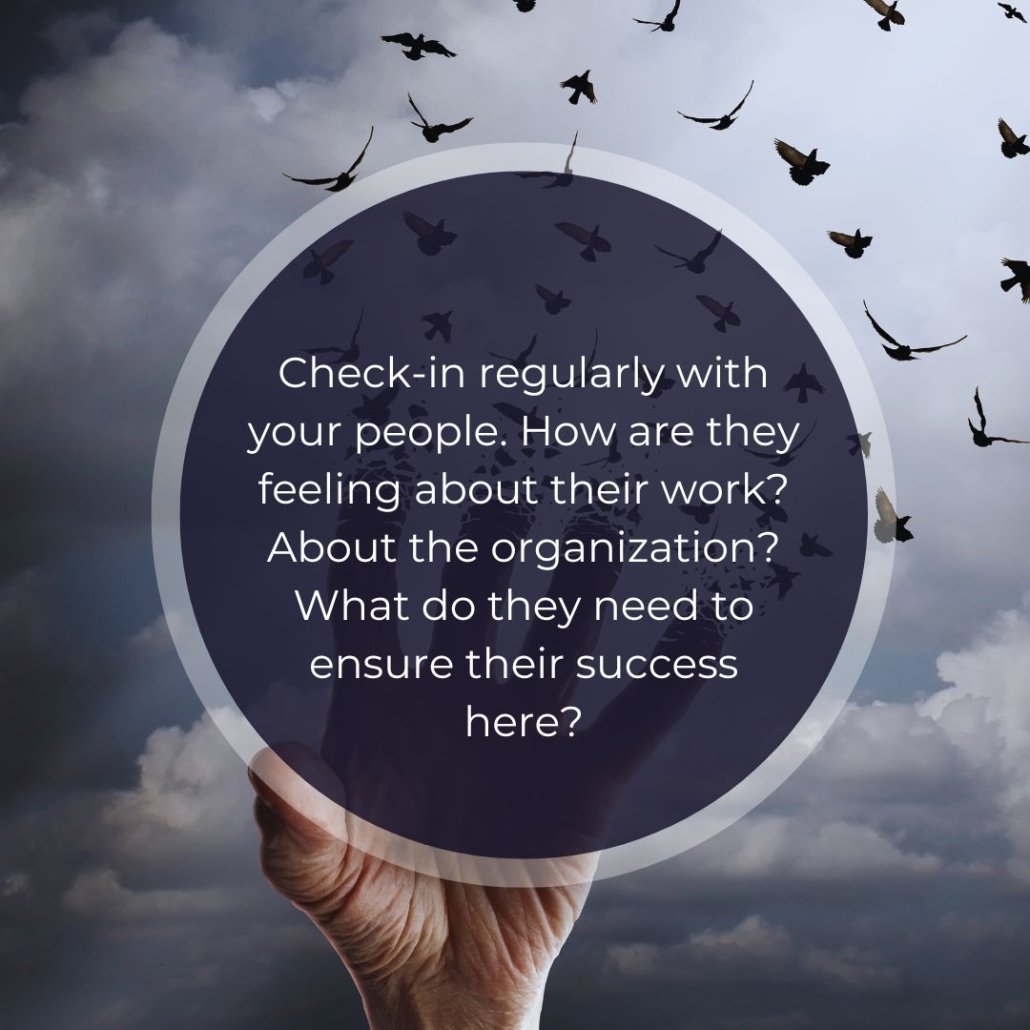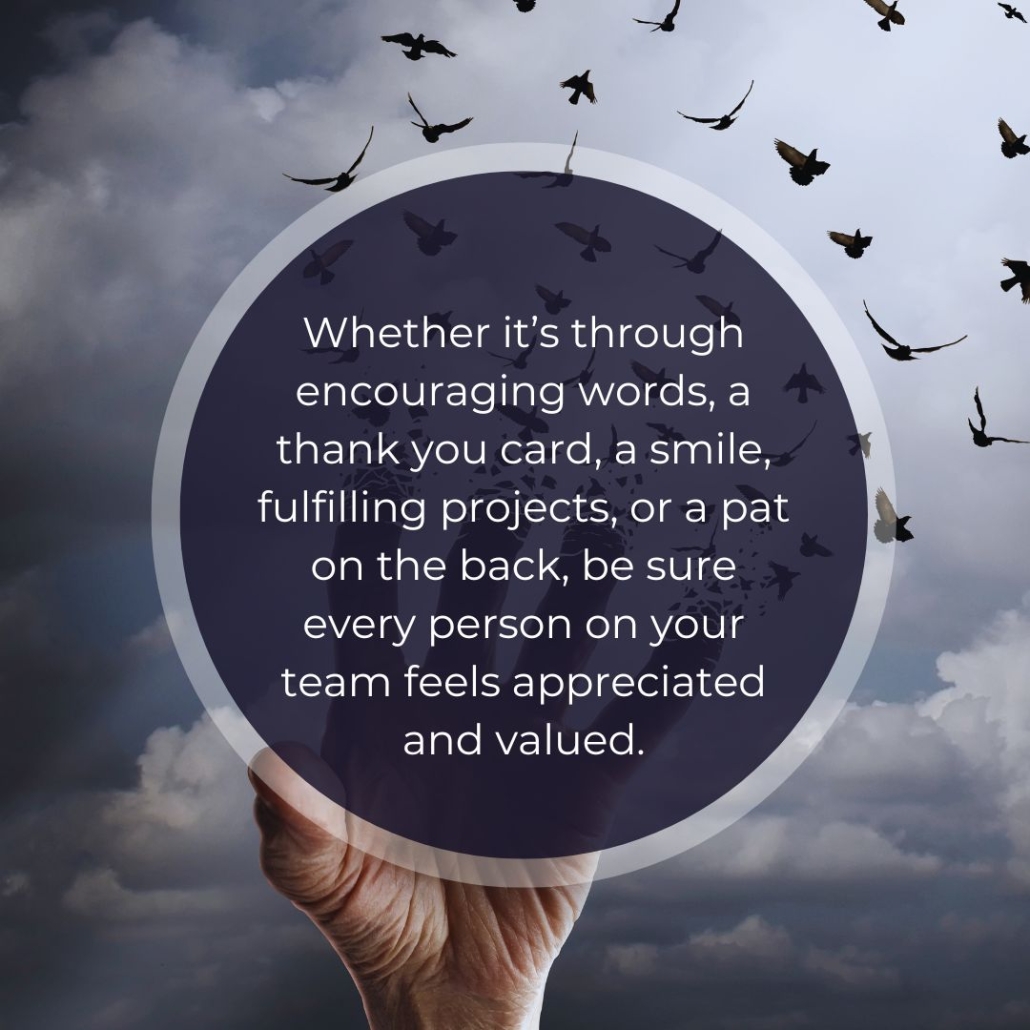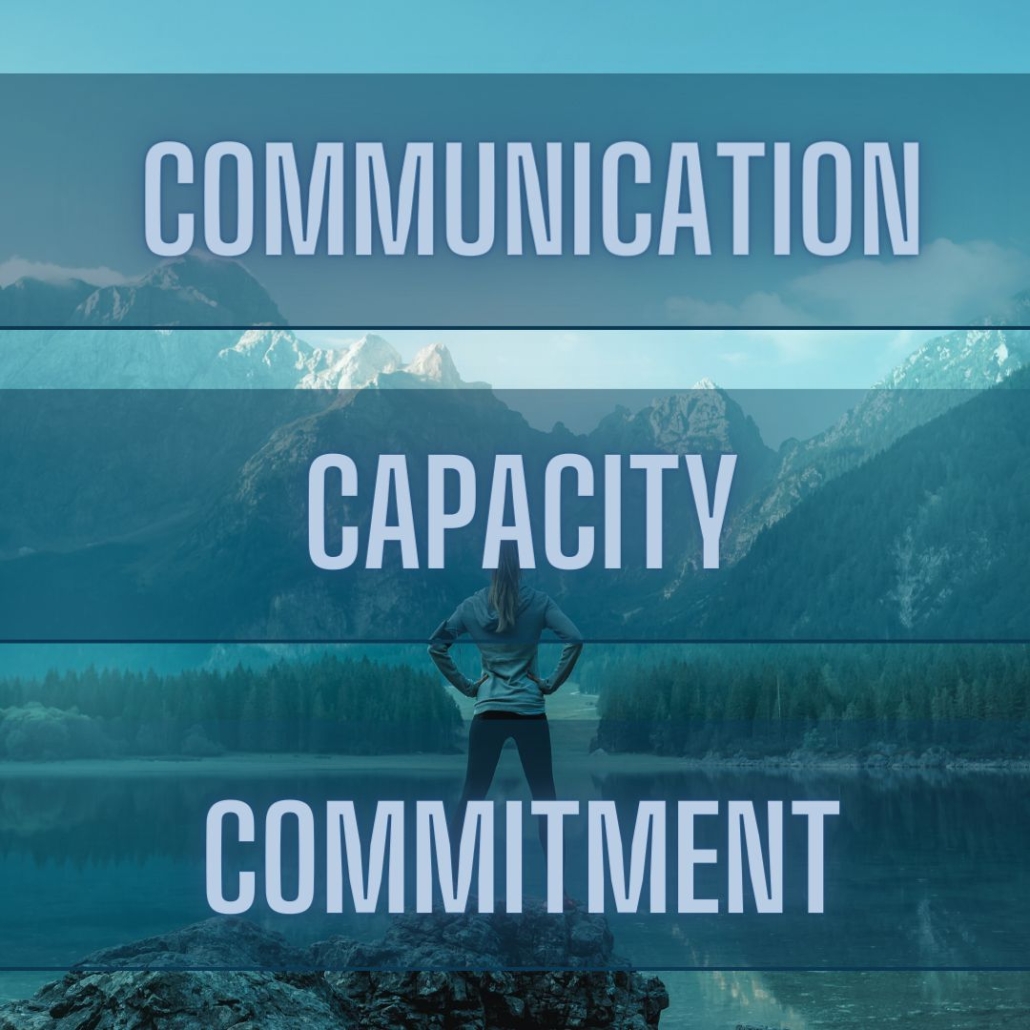Leadership and the trap of the tyranny of the transaction.
Every leadership position comes with two components: transactional and transformational. Transactional deals with administration, budgets, planning, forecasting, measuring, and managing tasks. Transformational has to do with mentoring, connecting, inspiring, coaching, welcoming, building your culture.
Transactions get the job done. Transformations make the difference.
In every job, there’s always a pull toward the transaction. It’s the squeaky wheel of organizations, the voice that yells the loudest. It’s the easiest to measure and if we aren’t intentional, it can take up all our time to the point we aren’t even leading anymore. If you aren’t careful it will suck all the energy out of your work.
Here are some tips to move beyond transactional and make TODAY transformational:
- In every email to a team member include a sincere statement of why you appreciate the person you are sending it to.
- Take time to listen. Find out what matters to people and show genuine interest in what they are interested in.
- Check in regularly with your people. How are they feeling about their work? About the organization? What do they need to ensure their success here?
- Share your vision with your team periodically and talk with each member about how they contribute to that vision.
- Whether it’s through encouraging words, a thank you card, a smile, fulfilling projects, or a pat on the back, be sure every person on your team feels appreciated and valued.
- Ask people what inspires them to work here, and what keeps them inspired to come back. Be sure people are inspired.
How do you avoid the tyranny of the transaction – and ensure that you make today transformational?
To deepen your transformational work, check out my complimentary Mini-Series https://lnkd.in/g4M9qpWh that will give you a taste of our upcoming Authentic Leadership Academy https://lnkd.in/gMi2euzp








